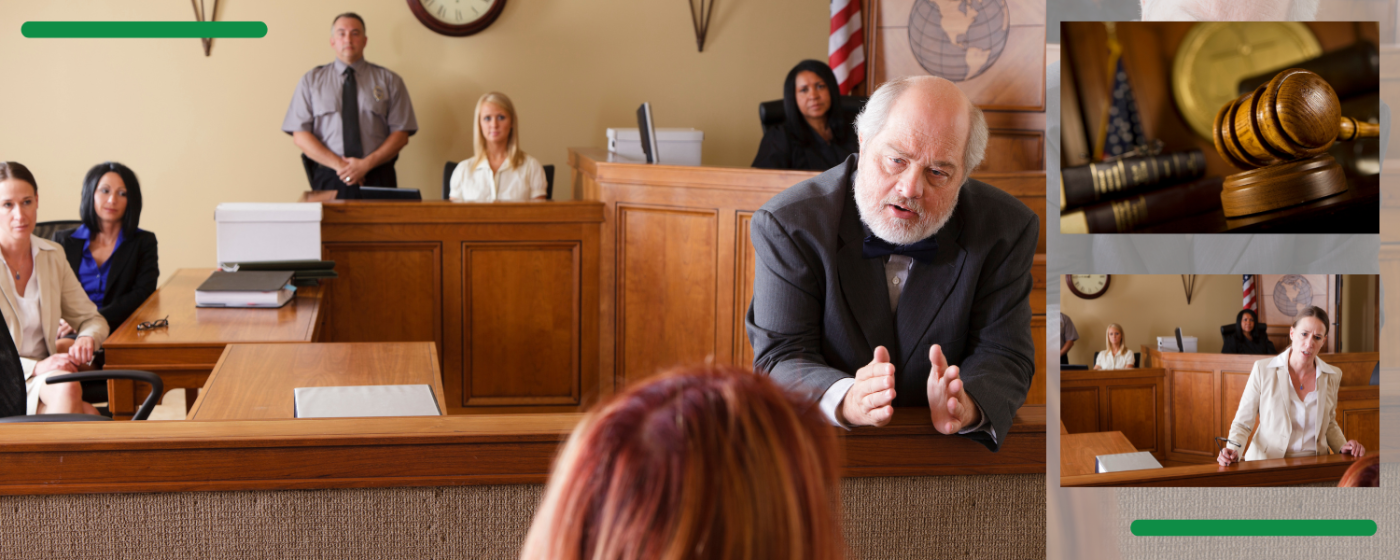Plan For & Protect
Their Legacies REACH OUT NOW

Perjury: Lying to the Court Will Land You in Jail
The justice system depends on the truth. When you testify in court, you swear to be honest. Lying under oath—known as perjury—can have serious legal consequences, including jail time.
What Is Perjury?
Perjury happens when someone knowingly makes false statements while under oath. This can occur in court, during a deposition, or even in a signed affidavit. If you lie in these situations, you are committing a crime.
Penalties for Perjury in Georgia
Under Georgia law (O.C.G.A. § 16-10-70), perjury is a felony with severe consequences:
Prison Time: A sentence of one to ten years in state prison.
Fines: Significant financial penalties based on the case's impact.
Criminal Record: A conviction can affect job opportunities, professional licenses, and legal credibility.
Additional Charges: If perjury leads to a wrongful conviction, you may face obstruction of justice charges as well.
A real case in Georgia involved a witness in a fraud investigation who was caught lying under oath. The result? A five-year prison sentence, proving that Georgia courts take perjury very seriously.
Famous Perjury Cases
Many high-profile figures have faced serious consequences for perjury:
Martha Stewart – Convicted for lying during an insider trading investigation, leading to prison time and a damaged reputation.
Bill Clinton – Lied under oath about his relationship with Monica Lewinsky, leading to impeachment proceedings.
Barry Bonds – Accused of perjury in a federal steroids investigation, affecting his baseball legacy.
Even everyday people can face harsh consequences. In family court, lying under oath can influence child custody, financial settlements, and even lead to criminal charges.
Why Do People Commit Perjury?
People lie under oath for many reasons, such as:
Fear of punishment – Trying to avoid legal consequences.
Protecting someone – Covering for a friend or family member.
Financial gain – Seeking a better settlement or favorable ruling.
Revenge or manipulation – Using false testimony to harm another party.
But no matter the reason, the risk is never worth it. In Georgia, perjury has led to long prison sentences and permanent criminal records.
How to Avoid Perjury
To stay on the right side of the law:
Always Tell the Truth – No matter how difficult it may be.
Admit When You Don't Know – It’s better to say, “I don’t recall” than to guess.
Stick to the Facts – Avoid exaggeration or speculation.
Consult an Attorney – If you're testifying or signing an affidavit, get legal advice first.
Final Thoughts
Perjury is a serious crime with real consequences—especially in Georgia. A perjury conviction can mean years in prison, hefty fines, and a ruined reputation. If you are involved in a legal case, remember: honesty isn’t just the best policy—it’s the law.
If you need legal advice about testifying in court, consult an experienced Georgia attorney to protect yourself from potential legal trouble.

